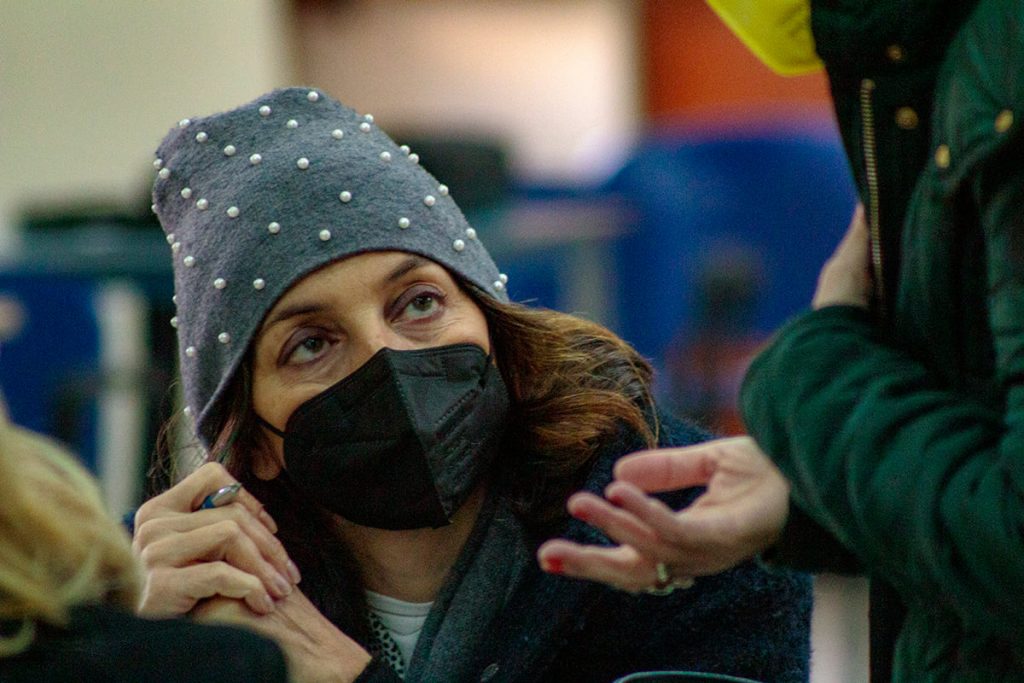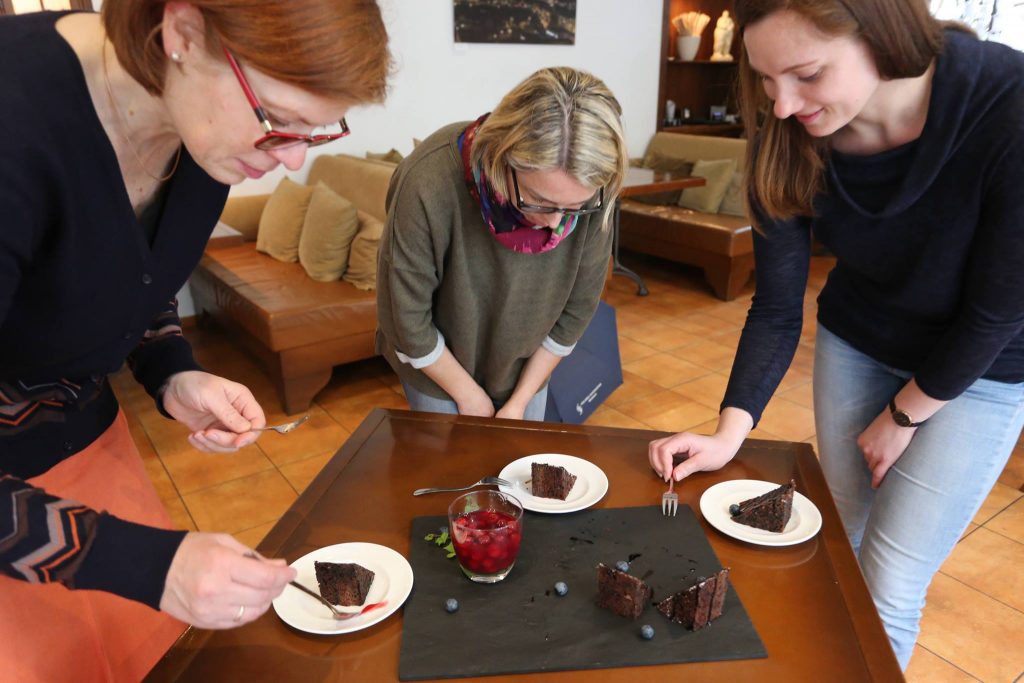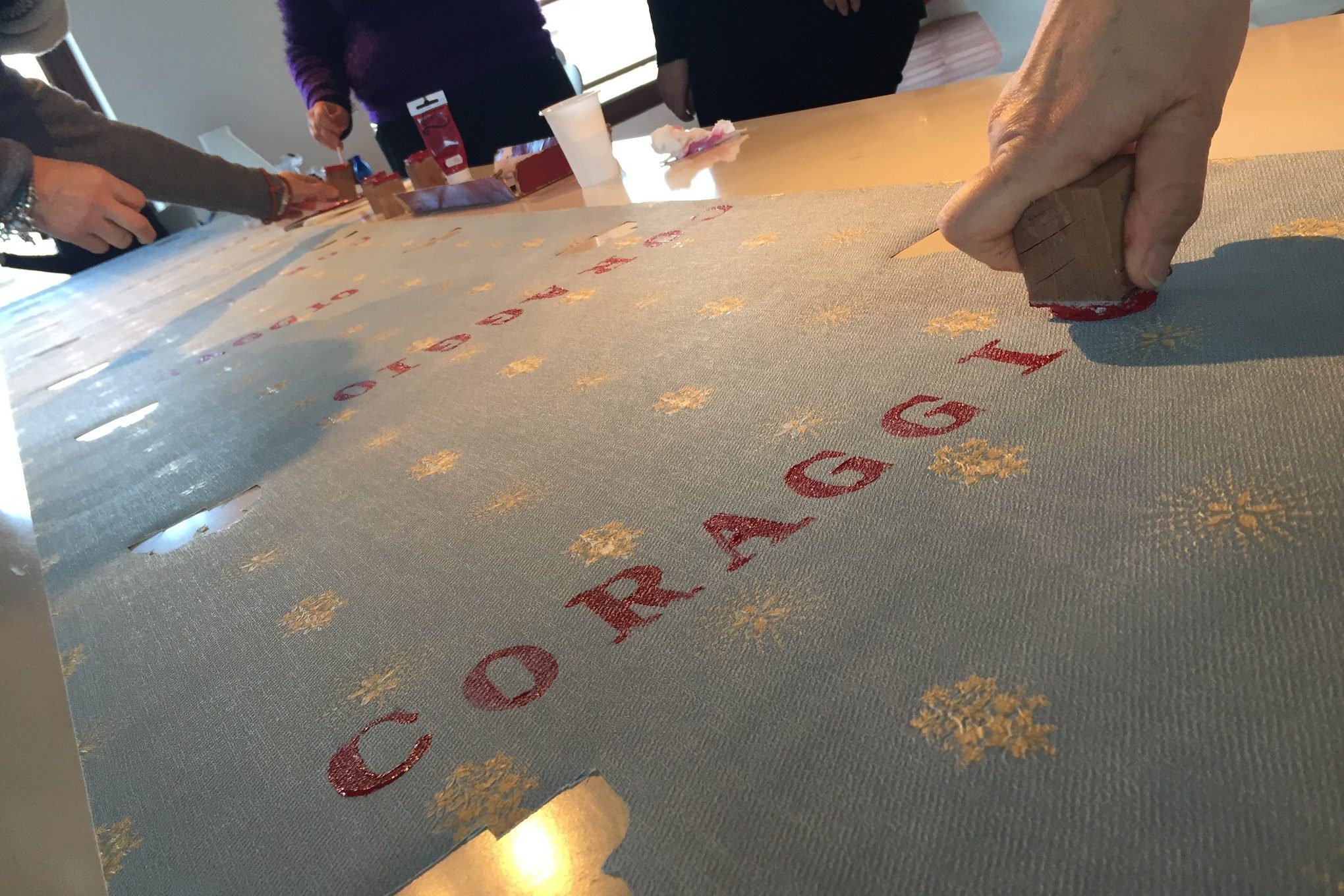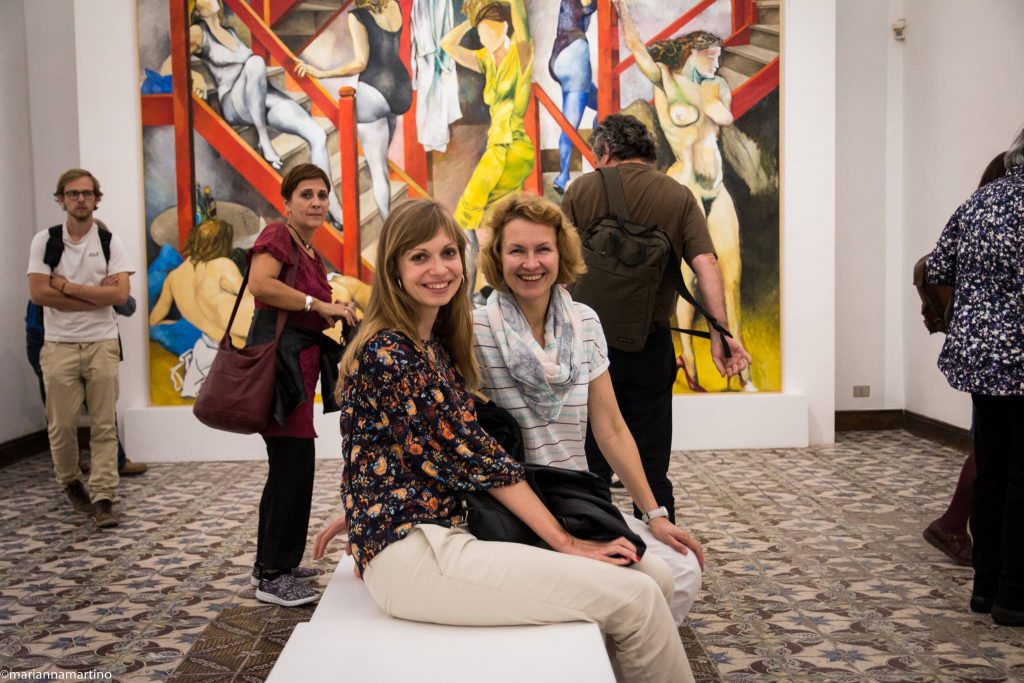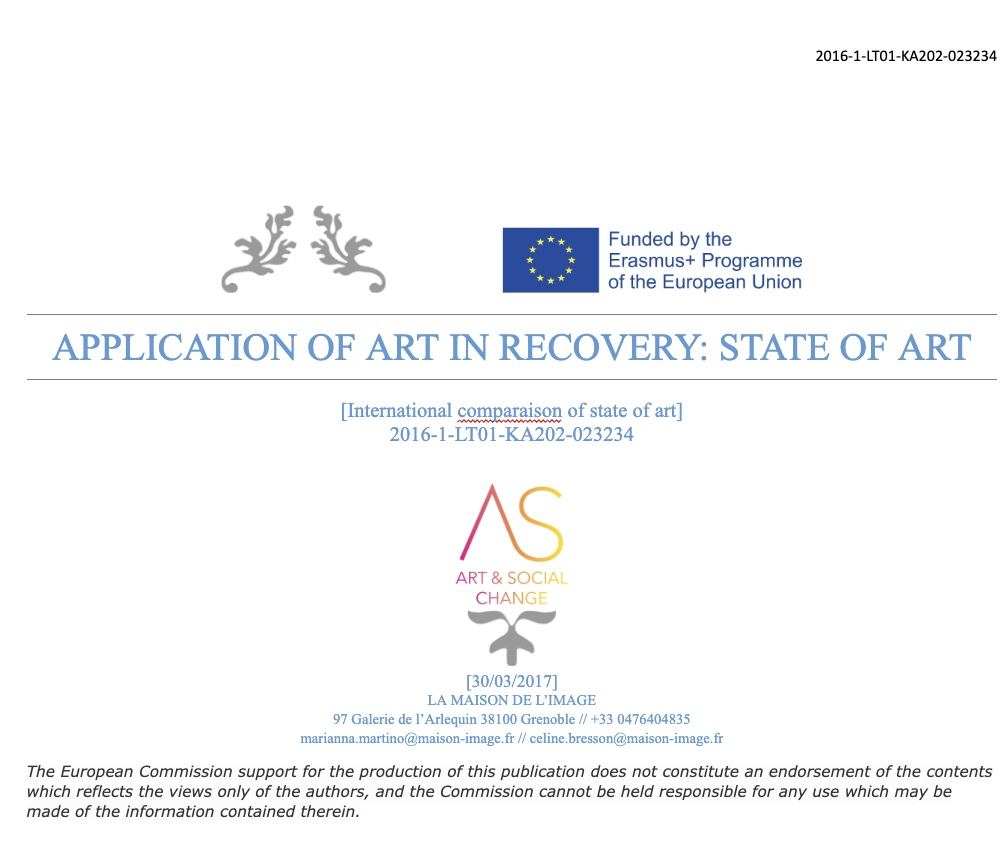
Art & Social Change: an Erasmus Research Project
Art & Social Change project sought to contribute to developing an innovative training programme aimed at strengthening transversal competences of health staff working with people in recovery from substance misuse and dual diagnosis.
Art & Social Change sought to establish a series of interdisciplinary groups composed of:
- Artists
- health professionals and
- people in long term recovery
The aim of these groups was to explore the impact of the arts to deliver better quality services, with increased capacity to establish and create empathetic environments centred around collective relationship development that support equality of voice.
The project believed in embedding an action learning approach that can support health workers as well as improve outcomes for people in recovery, and in the process challenge misconceptions that contribute to stigmas.
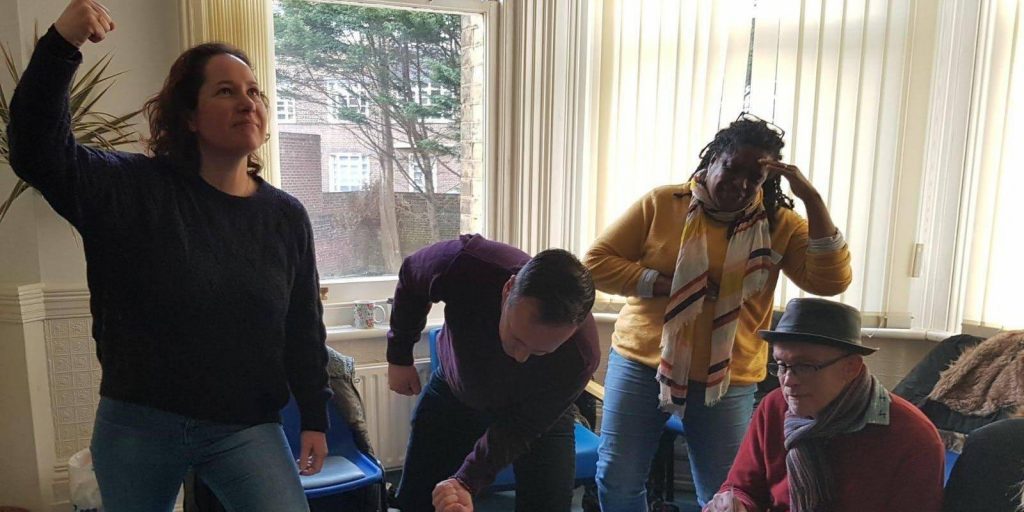
This project undertook data collection to evidence two basic assumptions underpinning the project:
- a lack of attention to Continuing Professional Development oriented towards strengthening traversal skills of health workers is impairing the services to people in recovery
- art programmes in continuing education programmes for health workers are non-existent
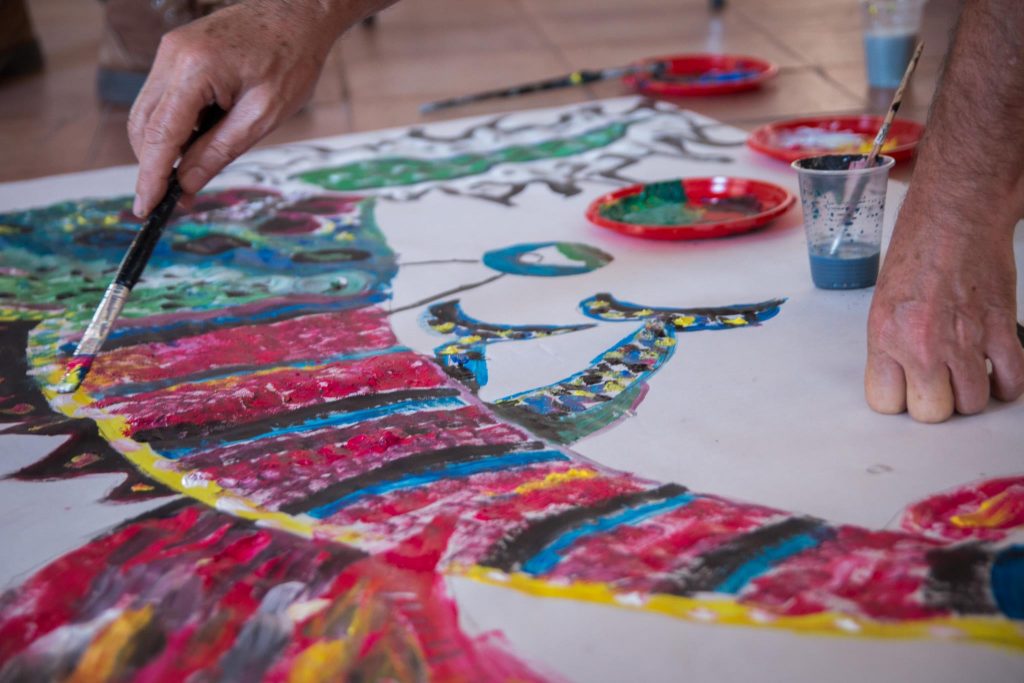
In four countries (France, Italy, Lithuania, and the UK) the project undertook a combination of desk research and focus groups to better understand:
- how and where art programmes are used in recovery
- what, if any, CPD training is available to support the artists and health workers delivering these activities, and
- the training needed or desired by health workers
- Emerging from this work were some case studies of interesting and effective practices, a clear sense that the state of the art in health environs varies widely across these nations, and that the impact of the arts in ‘recovery’ – from a wide range of afflictions – is widely accepted, but their use in addiction recovery much more limited – with no substantive academic research.
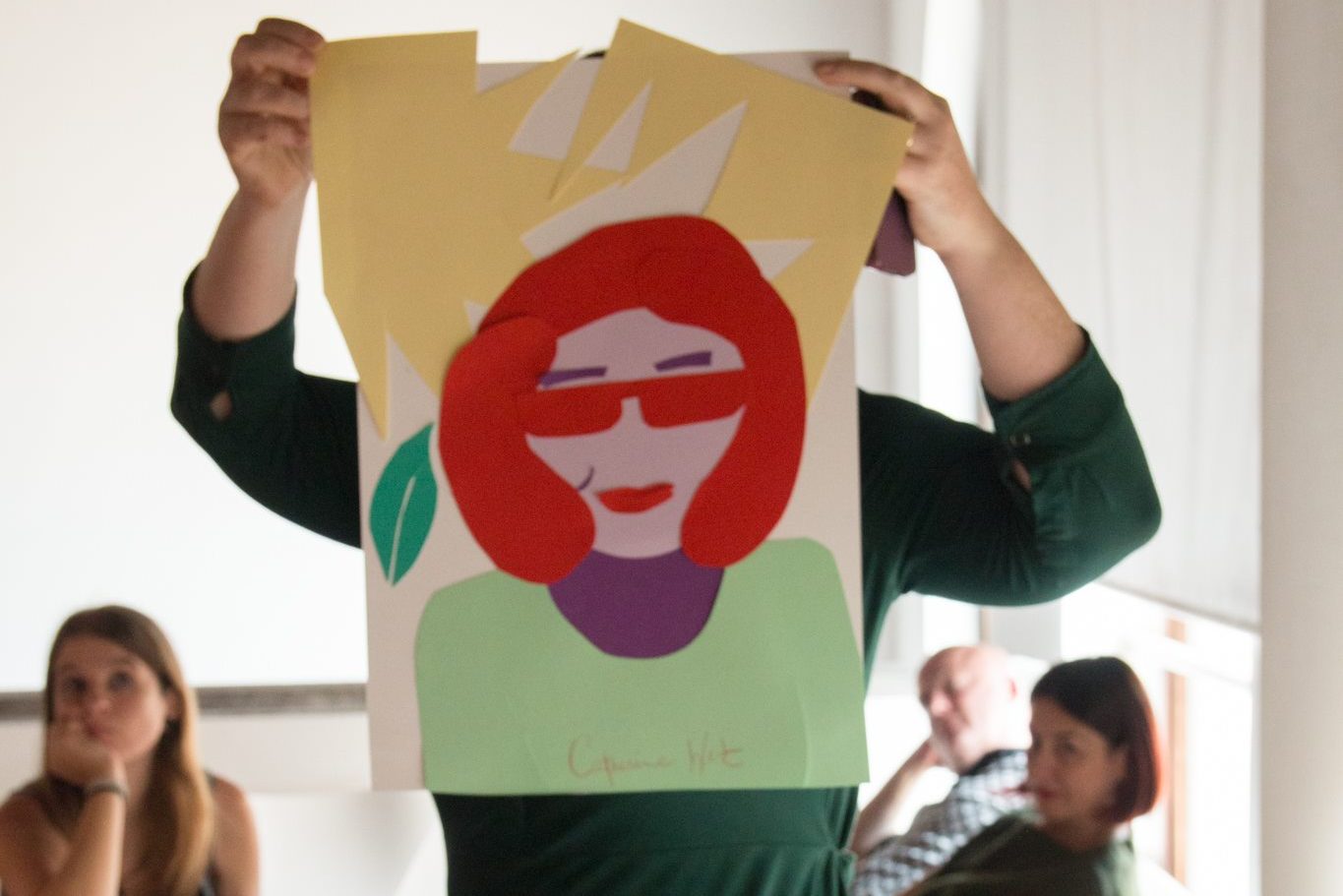
Emerging from this work were some case studies of interesting and effective practices, a clear sense that the state of the art in health environs varies widely across these nations, and that the impact of the arts in ‘recovery’ – from a wide range of afflictions – is widely accepted, but their use in addiction recovery much more limited – with no substantive academic research.
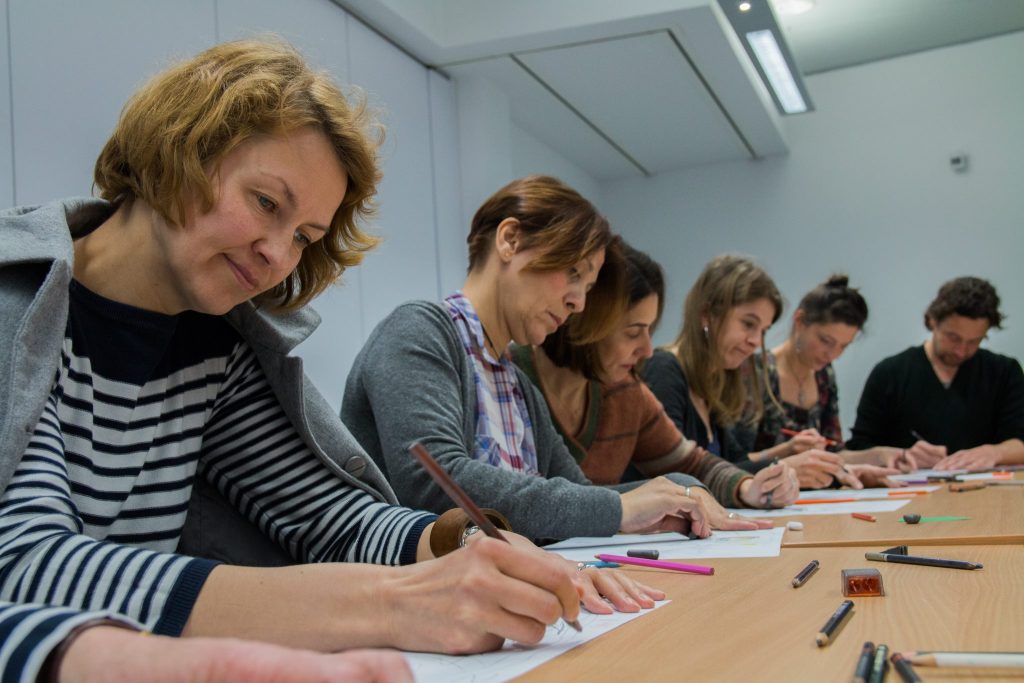
You can read the outputs from both desk research and focus groups for each of the four pilot countries via the links below.
- France report
- Italy Reports: Focus Groups, Desk Research
- Lithuania reports: Focus Groups, Desk Research
- UK Report
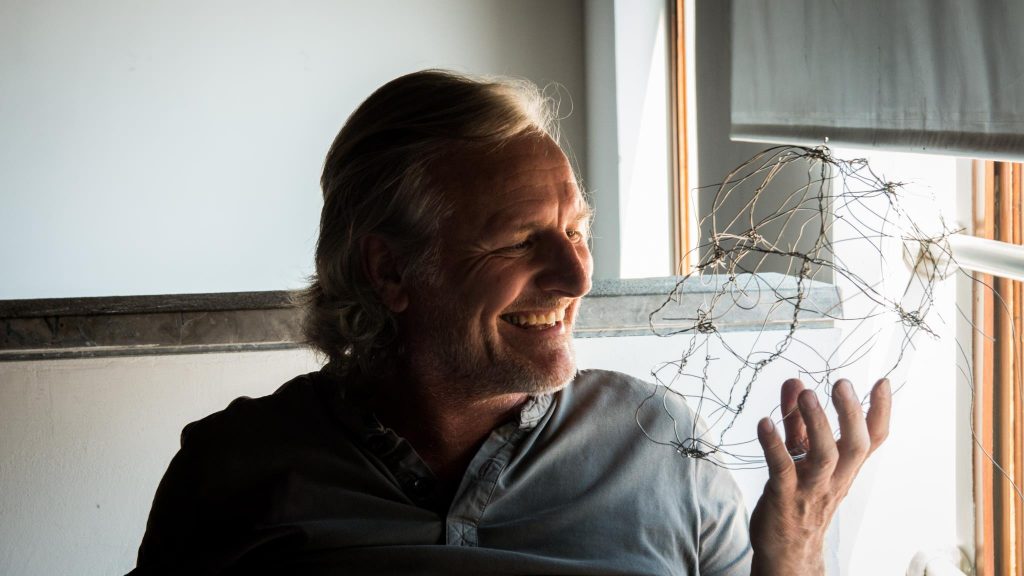
Dr Theo Stickley, lead on the project evaluation process, helped synthesize the learning from the four pilot countries. The project has adopted an approach that uses CHIME recovery research (based in mental health recovery in the literature) and Wellbeing frameworks, alongside case study review, and action learning principles.
A slide show highlights the key references and some emerging approaches to the work. Download here
Podcasts (created by AHSW) about the project and some of its themes:
Reflections from across the project team:
Art as an Agent of Change: Why Art and not Art Therapy in “Art & Social Change” project? Published 1 August 2018
The Michael Chekhov Acting Method Published 30 April 2018
The art and power of ambivalence Published 10 April 2018
Thinking about Evaluation Creatively in a Creative Project Published 9 March 2018
Why the Artistic Process? Published 26 Jan 2018
An Art Experience for Project Partners, GAM Palermo 8 November 2017Published 13 December 2017
Training Framework
Intellectual Output 3 is an educational frame that shapes innovative training programmes which use a range of art practices. The training uses art for health workers’ wellbeing and the development of their emotional competences. Via this, there are expected improved potential outcomes for people in addiction and recovery. The educational frame presents objectives and suggests a variety of content, methodical approaches and assessment tools that guide the development of detailed training plans (the project’s Intellectual Output 4, national training plans).
The frame delivers guidance for keeping an overall common approach. It allows starting from our overall concepts and selection of tools and approaches to organise learning in line with the needs at national, regional and local levels. The document provides general strategies on how to make an art focused programme successful from pedagogical and didactical viewpoints.
It is was an evolving framework via ongoing input from the partners and external sources. Open a copy of the Training framework HERE.
Pilot Training
IO4 was the piloting phase of training development. Each country referred to a Piloting Guide to construct and implement a national plan and ran three rounds of pilot activity.
The language of Art can help health workers to re-motivate themselves in their life and in their work. This can also help to improve the therapeutic relationship with people in recovery.
According to the Piloting Guidelines (Download Here), training workshops in three rounds were organised according to organisational models of learning: using workshops and cascade training and a methodical approach based on experiential learning. The multiple rounds allowed our active learning and development of tools for future training.
A Peer Learning Group (PLG) plays a key role in the good implementation of the training process in every national training plan. It is a mixed working group consisting of one health worker, one recoverist (person in recovery) and one or more artists, in order to create a shared vision for interdisciplinary learning.
During the workshops with the artist, the PLG was always present and facilitated the transfer and exchange of experiences and the reflections or suggestions that emerge during training activities, also in view of possible visible outcomes (video, book) and strategic communication of the project. Furthermore, the PLG gave support and coaching and built links with subsequent training phases. It is an efficient tool for supervision and formative assessment concerning the established learning objectives.
This draft piloting guideline complements the training framework IO3; the two documents are strongly connected to each other. The IO4 guidelines should be used with the IO3 Training Framework, and are core products to be used after the project lifetime.
These guidelines will be flexible because every national training plan needs to be adapted and developed according to local contexts and needs. Local training courses can be modified to meet local needs, taking into account different cultures, languages, artist’s practice, resources and backgrounds, as well as the national and international review of occupational health and non-health professions legislation.
Learn more about the Pilot Training and see photos and feedback from the activities.
Partners
The 7 partners were from Germany, Italy, Lithuania and the UK, and all partners worked in some way with identifying and strengthening links across the wider community with expertise related to addiction. This includes health and social workers, people in recovery, academics and trainers, and artists who work with people in addiction.
The UK based partners were Arts & Health South West and Manchester-based Portraits of Recovery. Catherine West of Significant Seams served as project researcher on behalf of both AHSW and PORe.
AHSW’s role was to facilitate the development of a web-based community of practice resource for the project partners, and ultimately a web based resource on a co-produced training methodology. AHSW also supported dissemination. AHSW closed in March 2023 but its resources and assets have transferred to the National Centre for Creative Health. The project partners agreed that in SW England, Significant Seams can provide ongoing presence for the project, given our founder’s involvement as a project researcher.
PORe delivered three separate training rounds led by the artist Kate McCoy. 41 people participated in the training programmes and in response a group of trainees made this powerful and poignant testimonial film.
Arts & Health South West is an information, support and advocacy organisation in England for everyone who believes in the value of creativity in enhancing health and wellbeing.
The “Casa dei Giovani” is a not for profit and therapeutic community in Italy that gives human and psychosocial supports to people affected by addiction. They run three residential centres, a youth programme, a workshop, and a ‘socio-occupational reintegration’ programme. They deliver work to prevent addiction, care for those affected (including familities of addicts) and rehabilitate addicts.
The Institute for Project Support and Competencies Development designs education materials and programmes for promoting, developing and using human potentials in a more holistic and sustainable way. The organisation brings together inputs from practise and applied research. The organisation and its staff has coordinated or been involved in more than 40 EU projects.
‘The House of the Image’ was a cultural centre dedicated to images based in Grenoble, France. They provide training and internships in image media techniques, support artists, and run tailored mediation projects which use photography and media tools.
Mano Guru is a restaurant in Vilnius Lithuania with a partnership with a regional NGO founded by the city, Vilnius Center for Addictive Disorders and UAB Viršupis in 2002. Mano Guru run a very successful recovery and rehabilitation programme grounded in employability skills and experience, new social networks, and confidence building.
Portraits of Recovery is a UK based, international visual arts and education charity. The organisation’s work supports people and communities affected by and in recovery from substance misuse to open up new ways of knowing and looking at the subject by working with contemporary visual art and artists.
Vilnaeus Kolegija, the University of Applied Sciences in Vilnius Lithuania is an internationally recognised institution of Higher Education that particularly is combining labour market needs with the development of promising areas of science and art.
